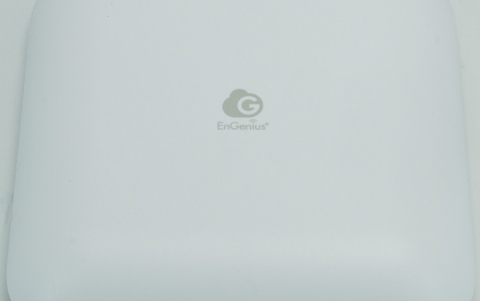Crucial MX200 500GB SSD review
6. AS SSD benchmark
We move on with the AS SSD benchmark, which contains five synthetic as well as three practical tests. The synthetic tests determine the sequential and the random read / write performance of an SSD. These tests are carried out without using the operating system's cache. The Seq-test measures how long it takes to read and write an 1GB file. Most importantly, this sequential benchmark uses incompressible data for all of its transfers.
The 4K benchmark tests the read and write performance for random 4K blocks. The 4K-64-THRD-test corresponds to the 4K procedure except that here the read and write operations are distributed on 64 threads:


The BX200's performance in sequential reading with incompressible test was high (491.68 MB/s), although lower than the performance quoted by Crucial. The same applies for sequential writing, where the drive wrote the incompressible files at 467.11 MB/s (average). Again, the MX200 did not manage to overcome the speeds we had measured with the MX100 SSD.


At the 4K random reading tests, the Crucial MX200 500GB was placed near the top of the pack, with an average reading speed of 26.05 MB/s.

But without a doubt, the MX200 drive excelled in the 4K random writing tests with 127.4 MB/s:

Multi-threaded requests for random reading of 4K incompressible files were a bit more demanding for the MX200 drive, which gave a decent 308 MB/s.

On the ether hand, the MX200 was pretty close to the top in the 4K random write (QD64) test with 320.6 MB/s.

In the following graph you see how the MX200 500GB drive reads and writes files, which have been partially of fully compressed. It is obvious that the both reading and writing speeds do not depend on level of file compression:






















